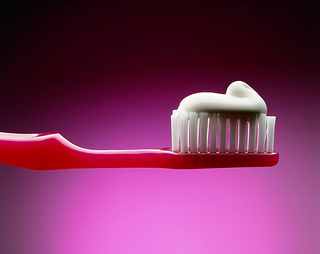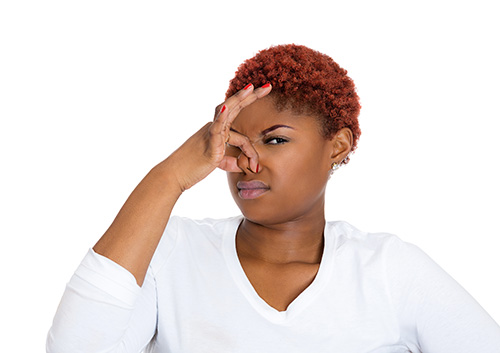3D Imaging and Your Oral Health
February 21st, 2017

3D imaging, also known as CBCT (Cone Beam Computerized Tomography), can be an invaluable tool for Dr. Frech to help you to maintain or restore your oral health. Advances in the industry have allowed for more precise and detailed imaging than ever before.
CBCT machines work by rotating around a patient to capture both 3D and 2D images of the head and jaw all at the same time. This is then digitally reconstructed on the computer to allow for quicker and more accurate diagnosis. There are several benefits of 3D imaging over traditional imaging like X-rays and CT scans, for both doctor and patient.
The benefits of 3D imaging for the patient:
- Radiation exposure is reduced as compared to traditional X-rays or CT scans. A 3D scan will expose patients to less radiation than a full set of oral X-rays and up to 95% less radiation than a CT scan.
- 3D imaging allows the patient to view the results of the scan alongside the doctor, right on the computer. This way the patient can better understand what's going on if there is an issue.
- The procedure is extremely quick and easy to perform. It usually only takes about ten to twenty seconds for the entire 3D image to be taken.
- Cost savings are huge for patients when compared to traditional CT scans performed at a hospital.
The benefits of 3D imaging for the doctor:
- One of the biggest benefits for doctors is the amount of information gained from one scan. Doctors receive much more in-depth and actionable information as compared to 2D X-ray imaging alone. This makes for better treatment planning and diagnosis.
- The images are digital so they can be viewed on any computer or tablet instead of having just one physical printed image.
- Clearer images are captured with this technology, which allows the doctor to more accurately diagnose any disorder such as impacted teeth, pathologies which are difficult to see, TMJ, or any other issue relating to the bone and structures of the tooth below the gum line.
- 3D imaging allows for better communication between doctor and patient. The doctor can more easily show the patient what's going on and explain the course of treatment they suggest.
When called for, 3D imaging can be a very helpful diagnostic tool for both doctor and patient alike. This is why our Wichita Falls, TX office is equipped with state-of-the-art imaging technologies so we can provide our patients with the most accurate and comfortable experience possible.




